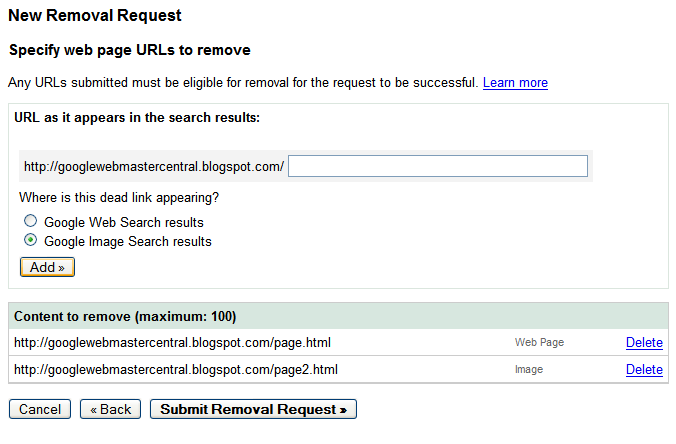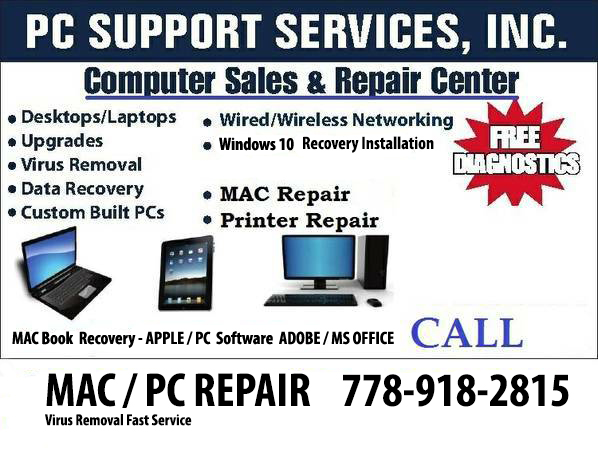
You can wait until a later time before you embark on the recovery of hard drive issues. There is a third option, and that is to simply put it off. In the very many comments below you will find some people positively support the practice and have done it themselves, and you will also find other professionals who warn that it could further damage your drive and make it harder (and more expensive) to recover the data professionally later if you decide to go down that path. Warning! There are risks to using the method described below. To get an idea of how much professional hard drive data recovery can cost, see this analysis. “Your choice to use this method (Option 1) or pay for a professional data recovery service should be based on how important the data is to you and whether you have the money to pay for data recovery.” If your drive was clicking but now has stopped working, the method below might help you recover the data quickly and at no cost.If your drive is clicking abnormally, and it is still working I suggest you take it seriously and copy all the contents to another drive – a clicking hard drive may be near the end of it’s life, even if new.

For example with a hard drive not working just some of the time (that is a serious warning sign though). There may be proactive actions you can take with a clicking hard drive in particular.

This does not apply to solid state drives, but I expect it would work with all hard disk drive brands, for example Seagate and WD (Western Digital).

Yes! This is one method that may allow you to recover files on your own, and it is free! Although I can’t make guarantees in your case. Could putting a Clicking Hard Drive in a Freezer Really Work?


 0 kommentar(er)
0 kommentar(er)
